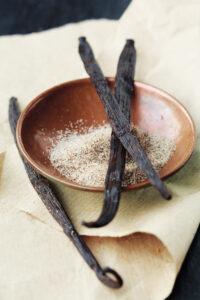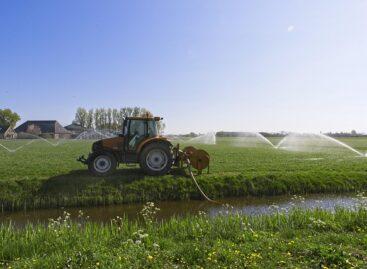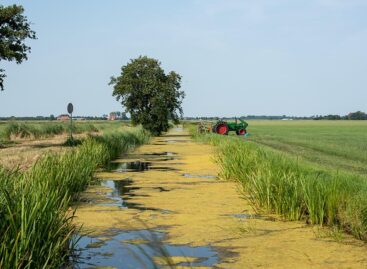The world’s spices are in danger: climate change is not sparing incense and vanilla either
Global warming is having an increasingly serious impact on the world’s spice production – while the production of spicy paprika in Hungary is declining year by year, iconic spices such as the biblical frankincense or the worldwide popular vanilla are at risk internationally. The challenges are due to extreme weather events, water shortages and the disruption of the ecological balance – writes the Agrarszektor.
Frankincense on the verge of extinction on a special island
 Frankincense, which is mainly used as incense in religious ceremonies, has been seriously endangered in recent years. According to a recent report by the IUCN (World Conservation Union), five of the local Boswellia species are now on the list of endangered species – one of them as critically endangered. Changing weather patterns, prolonged droughts and increasingly frequent cyclones have caused serious damage to the plantations: in 2015 and 2018, for example, flash floods and landslides decimated the trees.
Frankincense, which is mainly used as incense in religious ceremonies, has been seriously endangered in recent years. According to a recent report by the IUCN (World Conservation Union), five of the local Boswellia species are now on the list of endangered species – one of them as critically endangered. Changing weather patterns, prolonged droughts and increasingly frequent cyclones have caused serious damage to the plantations: in 2015 and 2018, for example, flash floods and landslides decimated the trees.
The survival of young specimens is also threatened by overgrazing. With the decline of traditional pastoralism, the goat population has increased, putting a significant burden on the fragile island ecosystem. According to Mohammed Amer, a local expert for the IUCN, local communities are now trying to preserve the trees by building fences and producing alternative income sources, such as incense honey.
Vanilla is also not immune to tropical storms
Vanilla is one of the world’s most expensive and sensitive spices, mainly grown in Madagascar. A tropical storm in 2017, which destroyed a third of the island’s vanilla crop, has led to a serious global shortage and a price spike. The biology of the plant also makes things difficult for local farmers: the flowers must be hand-pollinated, the pods take 9 months to ripen, and it can take up to 4 years for the pods to fully ripen.
According to research published in March 2025, which surveyed nearly 500 smallholder farmers in Madagascar’s Sava region, farmers are constantly adapting. They experience the effects of climate change every day, whether it’s heat waves, fluctuating rainfall or increasingly frequent pest invasions.
Related news
The country’s water retention capacity will improve significantly
Thanks to the currently ongoing and planned developments, instead of…
Read more >Climatic taste crisis: is gin’s distinctive flavor in danger?
Juniper berries, which determine the taste of gin, are also…
Read more >Responsible agricultural water management is key during droughts
It is of paramount importance that Hungarian agriculture can adapt…
Read more >Related news
Corporate leaders’ commitment to sustainability at record level
According to the latest data from the K&H Sustainability Index,…
Read more >FAO food price index rose slightly in June due to higher prices of meat, dairy products and vegetable oils
The Food and Agriculture Organization of the United Nations (FAO)…
Read more >What can cause the price of a wine to increase tenfold?
There are fewer of them worldwide than the number of…
Read more >






